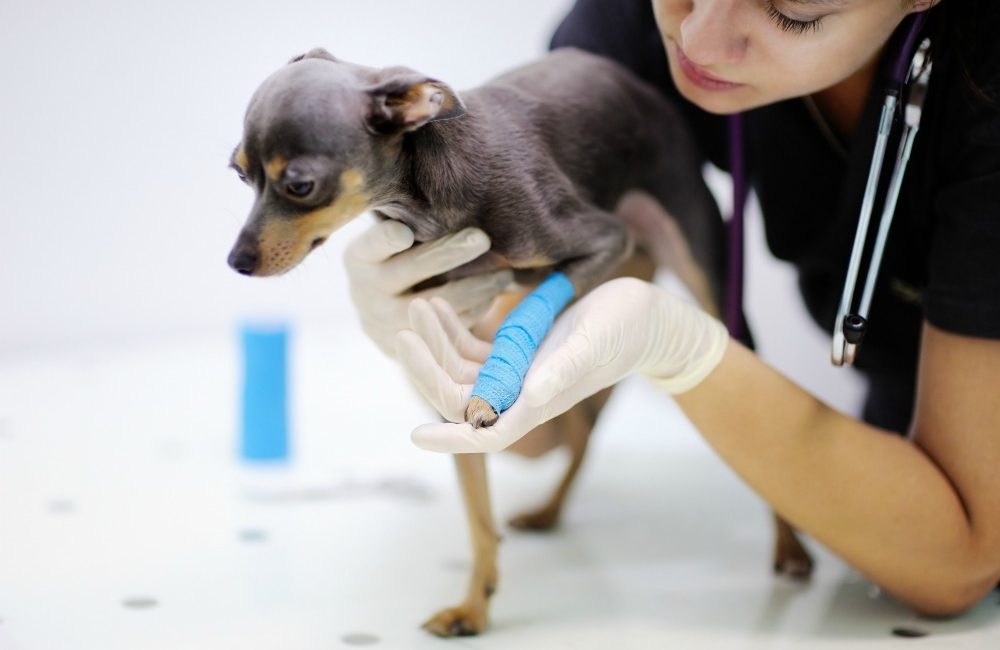It is important to always keep learning. It keeps our brains sharp and keeps us aware of new and exciting things. Did you know it is a requirement for the staff of your vet clinic to continue learning?
There are always new things coming out – medications, tests, general information, or just relearning old information again. It all helps to keep us informed and allows us to better help your pets.
Veterinarian and Registered Veterinary Technicians are required to have a certain number of credits each year. Veterinarians in Ontario are required to have at least 30 hours of Continuing Education (CE) each year. Registered Veterinary Technicians are required to have 20 CE credits within a two-year cycle. These can be completed by going to conferences, evening information nights, webinars, and lunch-and-learns in the clinic. Each one offers a little something different, and perspective from different sources helps as well.
We can get information from various areas and apply them to our patients. An example of this would be in regards to new heartworm prevention coming out. It is a change or addition to one that we already carry. Over the past year, we have learned about a tapeworm that is found in coyotes and dogs, that is transmissible to humans – we got this from webinars and conferences. As drug companies do their research, we hear about it. When the drugs are available in the market, we have information sessions about them. Several companies give us their information at lunch and learns, and we can make an informed decision on what we feel would be the best benefit for our clients and their pets.
This is just one example of why we are continuing to learn and get educated about things that keep us update and thus can pass along the knowledge to you.
Written by: Manitou Animal Hospital




